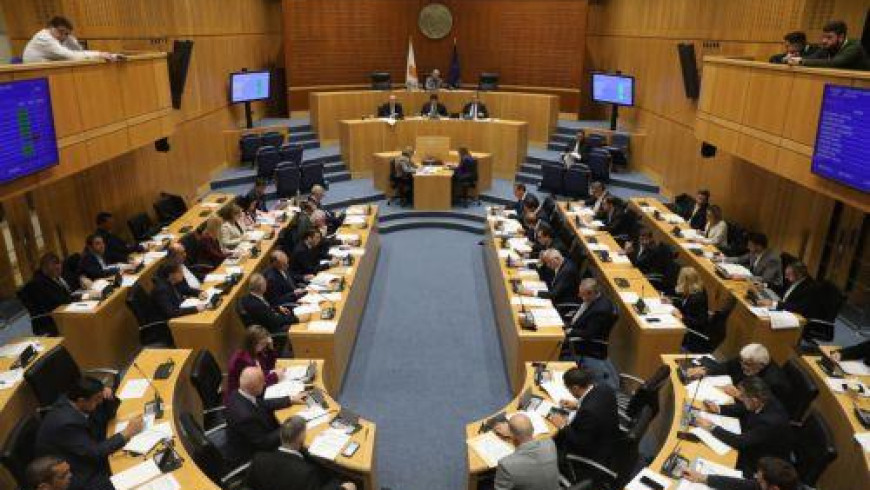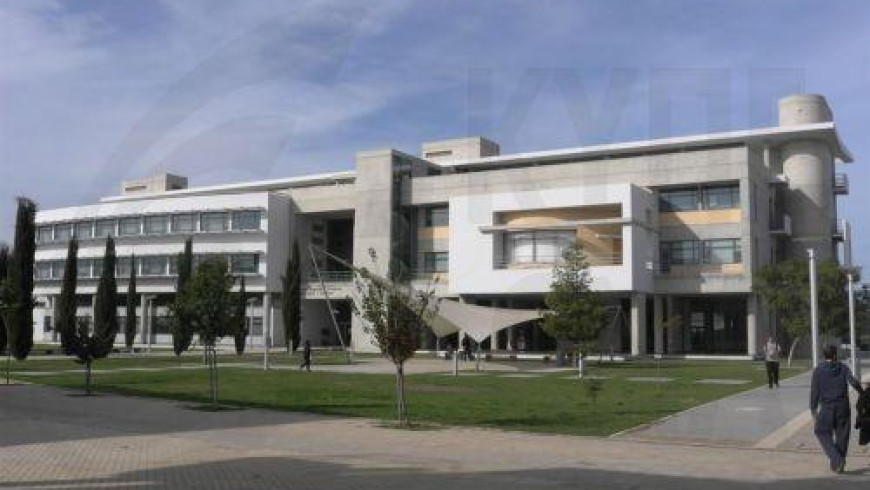
Loans denominated in Swiss franc declined by €274 in the first half of 2016 but household loans reduction was modest the Central Bank of Cyprus told a parliamentary committee on Monday.
Briefing the Parliamentary Committee of Finance, Yiangos Demetriou, head of the CBC Supervision Division said that loans in Swiss franc declined from €2.052 million in December 31 2015 to €1,778 million on June 31 2016, adding however that 80% of these loans are considered as non performing.
The problems with loans denominated in Swiss franc (CHF) arose when the exchange rate in relation to the euro increased by 40% entrapping borrowers who concluded such loans.
According to Demetriou out of €274 ml reduction only €60 ml concerned household loans whereas the remaining €214 ml concerned corporate loans. These loans are held by three banks, Bank of Cyprus, Alpha Bank and, to a lesser extent, Hellenic Bank.
“From the figures it is evident that the schemes implemented by the commercial banks are more effective for legal persons and less effective for households,” Demetriou said.
Loans in CHF for households on 30 June 2015 amounted to €1,124 million of which €893 ml for house purchase, whereas loans for primary residences amounted to €264 million. Corporate loans amounted to €654 million.
Demetriou noted that the reduction emerged in the context of debt repayments, debt write offs and conversion of loans from CHF to euro.
Replying to questions, Demetriou said that “more pressure will be exerted so that the banks improve their schemes and attitude,” towards the troubled borrowers.
MPs expressed concerns on the slow pace in restructurings of household loans and suggested the parliament should consider approving a law forcing the banks to be more generous in reaching settlements with the borrowers.
“Yes the banks should suffer in a way that would not create additional capital requirements. If the banks are called to cover a greater cost and if capital requirements arise these will be covered by the taxpayer,” Demetriou said.
Averof Neofytou, the Committee president said the Parliament could assist adversely affected borrowers “without harming those who suffered the biggest blow of the (financial) crisis.”
As part of a €10 billion bailout by the EU and the IMF to Cyprus in 2013, 47.5% deposits over €100,000 were converted to equity to recapitalise Bank of Cyprus, whereas Laiki Bank entered in resolution which whipped out approximately 80% of deposits over €100,000.
Neofytou said the banks have a buffer of 25% - 30% to assist the borrowers in finding the best possible solutions, but he cautioned that if a bill imposes losses exceeding the buffer “we would shoot the depositors in the foot once again”.
Briefing the Parliamentary Committee of Finance, Yiangos Demetriou, head of the CBC Supervision Division said that loans in Swiss franc declined from €2.052 million in December 31 2015 to €1,778 million on June 31 2016, adding however that 80% of these loans are considered as non performing.
The problems with loans denominated in Swiss franc (CHF) arose when the exchange rate in relation to the euro increased by 40% entrapping borrowers who concluded such loans.
According to Demetriou out of €274 ml reduction only €60 ml concerned household loans whereas the remaining €214 ml concerned corporate loans. These loans are held by three banks, Bank of Cyprus, Alpha Bank and, to a lesser extent, Hellenic Bank.
“From the figures it is evident that the schemes implemented by the commercial banks are more effective for legal persons and less effective for households,” Demetriou said.
Loans in CHF for households on 30 June 2015 amounted to €1,124 million of which €893 ml for house purchase, whereas loans for primary residences amounted to €264 million. Corporate loans amounted to €654 million.
Demetriou noted that the reduction emerged in the context of debt repayments, debt write offs and conversion of loans from CHF to euro.
Replying to questions, Demetriou said that “more pressure will be exerted so that the banks improve their schemes and attitude,” towards the troubled borrowers.
MPs expressed concerns on the slow pace in restructurings of household loans and suggested the parliament should consider approving a law forcing the banks to be more generous in reaching settlements with the borrowers.
“Yes the banks should suffer in a way that would not create additional capital requirements. If the banks are called to cover a greater cost and if capital requirements arise these will be covered by the taxpayer,” Demetriou said.
Averof Neofytou, the Committee president said the Parliament could assist adversely affected borrowers “without harming those who suffered the biggest blow of the (financial) crisis.”
As part of a €10 billion bailout by the EU and the IMF to Cyprus in 2013, 47.5% deposits over €100,000 were converted to equity to recapitalise Bank of Cyprus, whereas Laiki Bank entered in resolution which whipped out approximately 80% of deposits over €100,000.
Neofytou said the banks have a buffer of 25% - 30% to assist the borrowers in finding the best possible solutions, but he cautioned that if a bill imposes losses exceeding the buffer “we would shoot the depositors in the foot once again”.














 3287.99
3287.99 1275.09
1275.09
